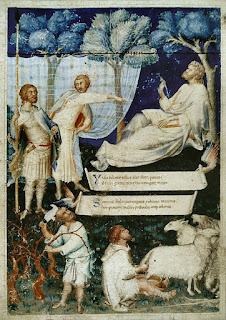Whether you have experienced this publication before or not, perhaps you are seeking to know more about the art of very necessary news and the art of Very Necessary News.
Where do you usually locate very necessary news about the climate in the
part of the world in which you happen to be or intend to be?
When you find interesting information through examining history, the arts and/or sciences, how do you know it is important enough to share?
What have you most recently communicated in the public interest?
Very Necessary News helps to keep the truth in the picture.How do you usually prefer to locate the truth in relation to time and timelessness?
How do you usually think about time and timelessness in relation to the climate?
COP26, the latest climate summit, began yesterday.
What do you know about summits of any sort?What do you know about climates of any sort?
You may only briefly have the chance to experience Very Necessary News.
What do you know about chance and luck and fate in relation to acquiring experiences?
What do you know about chance and luck and fate in relation to climates?
What do you know about chance and luck and fate in relation to the future?COP26 began yesterday in the Scottish city of Glasgow.
How do you usually think about beginnings, middles and endings?
Perhaps you prefer doing so in terms of narratives.
Or perhaps you prefer thinking in terms of chronologies or cycles.
In cultural and climate terms, you may or may not have regarded September as the beginning of a new month and season.
Which calendar do you prefer to follow, and why?
You may have noticed that the investigative reporting team associated with Very Necessary News currently has a focus on providing public access to the most basic awareness required for the satisfactory supply of public interest journalism.What do you regard as the essence of that awareness?
How are you involved in the suitably consistent supply of public interest journalism of the highest possible quality?
How, for example, are your investigations, reports and communications networks supporting political improvements, and where?
Most persons claiming to practice journalism do not ask the most important questions. Perhaps they do not know how, or they are too afraid to do so.
What do you regard those questions to be, and who should be answering them, and why?Journalism, even more than art history, is all about examining and interpreting images in their historical and stylistic contexts.
What is your approach to the historiography of journalism?
What do you know about public interest journalism?
How do you prefer to report news about the global climate, local climates and political climates?
How do you place value on images?
How do you place value on their current context?How do you compare one image with another and another and another and another and another and another?
What have you been learning about climate justice and other types of justice?






